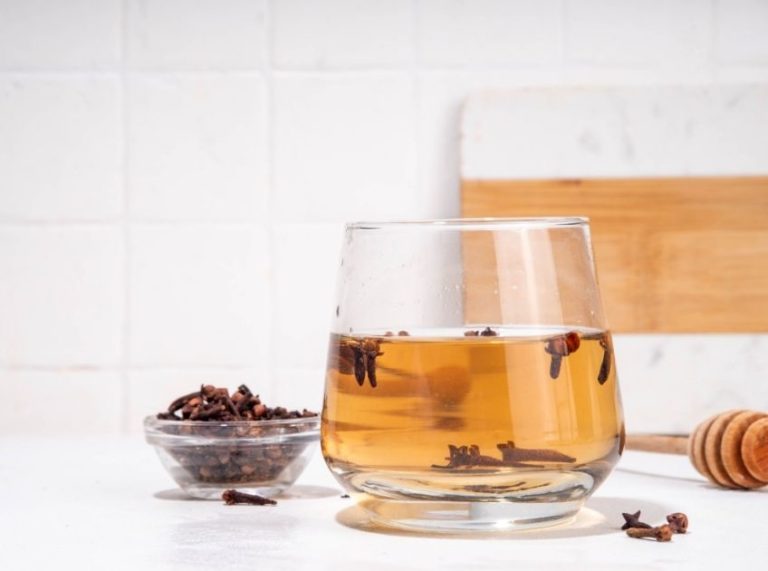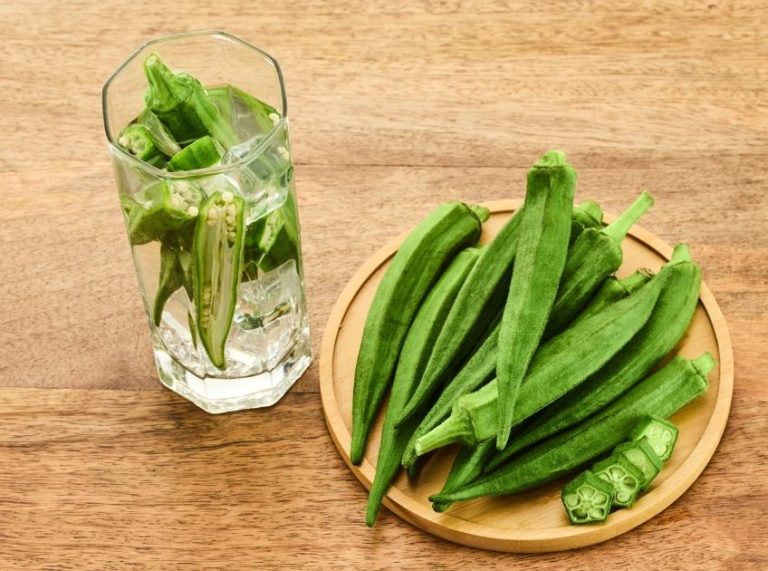
Important: This article is for informational purposes only. Please read our full disclaimer for more details.
When a cold strikes, symptoms like congestion, sore throat, fatigue, and a runny nose can make even the simplest tasks feel draining. While rest, hydration, and nutrition are essential, many people reach for a comforting cup of tea to help ease discomfort. Tea is more than just a warm drink—it can soothe a sore throat, open the airways, reduce inflammation, and even support immune function.
Different teas offer different medicinal benefits, from antiviral and antioxidant properties to mucus-clearing and throat-soothing effects. Below, we explore the top teas for colds, how they work, and what science says about their effectiveness.
7 Best Teas for Colds (With Benefits & Efficacy)
1. Ginger Tea – Anti-Inflammatory & Immune-Boosting Relief
Ginger tea is a go-to remedy for colds thanks to its warming nature and medicinal compounds. Ginger contains gingerols and shogaols, which research has shown to have anti-inflammatory and antioxidant effects that help relieve congestion and throat irritation (1). Ginger also boosts immune response and supports better digestion, which can weaken during illness.
Best for: sore throat, cough, nasal congestion, chills.
2. Peppermint Tea – Natural Decongestant & Cooling Relief
Peppermint contains menthol, a natural decongestant known to open nasal passages and ease sinus pressure (2). It also acts as an antispasmodic, helping calm coughs. The steam from hot peppermint tea may help reduce mucus buildup and promote easier breathing.
Best for: congestion, sinus pressure, cough.
3. Green Tea – Antioxidant Support for Recovery
Green tea is rich in catechins, powerful antioxidants that support the immune system and help the body fight viral infections. Studies suggest green tea may help inhibit the spread of certain viruses and shorten the duration of cold symptoms when consumed regularly (3). Its mild caffeine content also provides a gentle energy lift when fatigue hits.
Best for: boosting immunity, fatigue, and early cold symptoms.
4. Chamomile Tea – Calming, Sleep-Enhancing & Anti-Inflammatory
Chamomile tea is known for its calming properties, essential for quality sleep—one of the most important factors in recovering from a cold. Chamomile contains anti-inflammatory and mild antimicrobial compounds that may help soothe a sore throat and reduce body discomfort (4). It also helps calm the nervous system to promote deeper rest.
Best for: sore throat, body aches, sleep disturbances.
5. Turmeric Tea – Anti-Inflammatory & Antioxidant Powerhouse
Turmeric’s active compound, curcumin, is a potent anti-inflammatory and antioxidant. It helps reduce inflammation in the throat and respiratory tract, eases discomfort, and supports immune function (5). Pairing turmeric with black pepper increases absorption and effectiveness. Many people combine turmeric with honey and ginger for a powerful cold-fighting tea.
Best for: throat inflammation, cough, weakened immunity.
6. Lemon & Honey Tea – Classic Soothing Cold Remedy
A staple in many households, lemon and honey tea provides both comfort and medicinal value. Lemon is rich in vitamin C, which supports immune function, while honey acts as a natural cough suppressant and throat soother. Research published in the BMJ found honey to be more effective at reducing cough frequency than some over-the-counter medications (6).
Best for: sore throat, cough (especially at night).
7. Echinacea Tea – Immune Support & Symptom Reduction
Echinacea is often consumed at the first sign of illness to shorten cold duration. Some studies suggest that echinacea may reduce the likelihood of catching a cold and may slightly shorten symptom duration by supporting the immune response (7). Though results vary, many herbal practitioners use echinacea as a preventive and early-stage cold remedy.
Best for: early cold symptoms, immune boosting, recurring colds.
Beyond the Teacup: Other Home Remedies that Work with Tea
Enhance your cold recovery with these natural remedies:
- Steam inhalation with eucalyptus or plain hot water
- Salt water gargles for sore throat relief
- Warm soups and broths to keep the body nourished
- Humidifier to soothe irritated airways
- Vitamin C-rich fruits like citrus, kiwi, and berries
- Pairing tea with these remedies can help speed recovery and ease cold discomfort.
When Should You See a Doctor? Warning Signs Not to Ignore
Most colds resolve on their own within 5–10 days. However, seek medical attention if you experience:
- High fever above 102°F (38.9°C)
- Symptoms lasting longer than 10 days
- Severe sinus pain or earache
- Shortness of breath or wheezing
- Cough with blood or green/brown mucus
- Symptoms worsening after initial improvement
- These may indicate a bacterial infection, flu, or another condition requiring treatment.
Frequently Asked Questions (FAQ’S)
1. How many cups of tea should I drink when I have a cold?
A. 2–4 cups of herbal tea daily is generally safe and effective for symptom relief. Alternate between different teas depending on symptoms.
2. Can I mix different herbs in one tea?
A. Yes! Many people combine ginger, honey, lemon, and turmeric for a powerful cold-soothing blend. Avoid mixing too many strong herbs at once.
3. Are these teas safe for children?
A. Most herbal teas are safe for older children, but consult a pediatrician for kids under 5. Never give honey to children under 1 year old.
A warm cup of tea can do more than soothe your throat—it can help ease cold symptoms, support immunity, and provide the comfort your body needs to heal. Whether you prefer ginger for congestion, chamomile for rest, or lemon and honey for a sore throat, incorporating tea into your cold-care routine can make recovery more comfortable and holistic.















